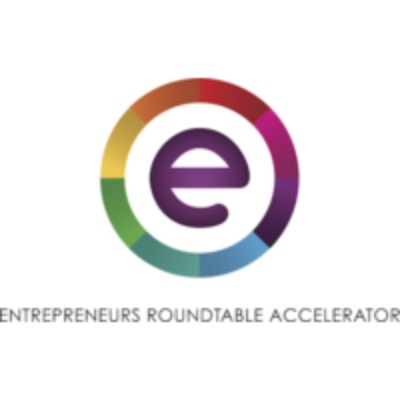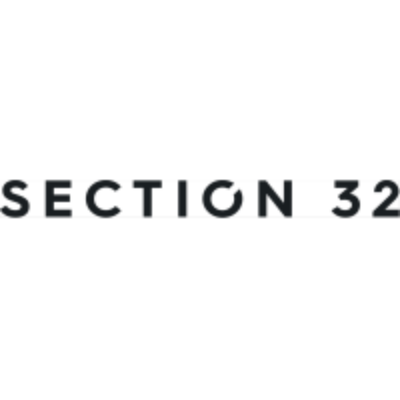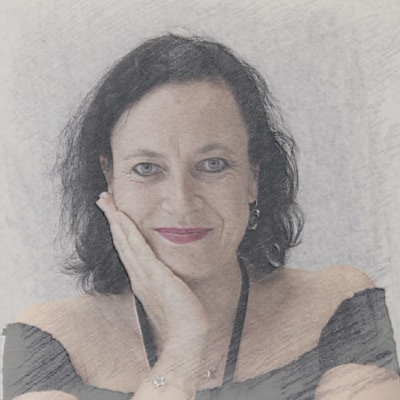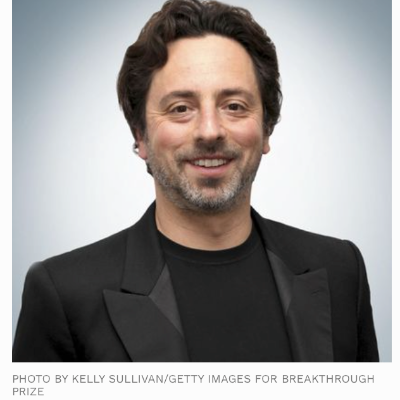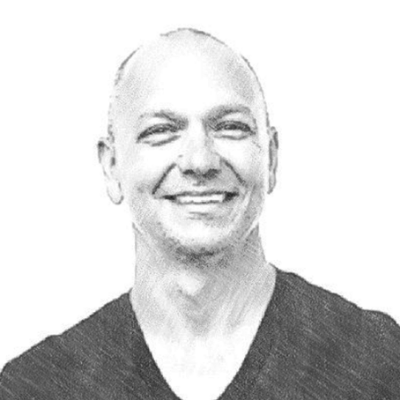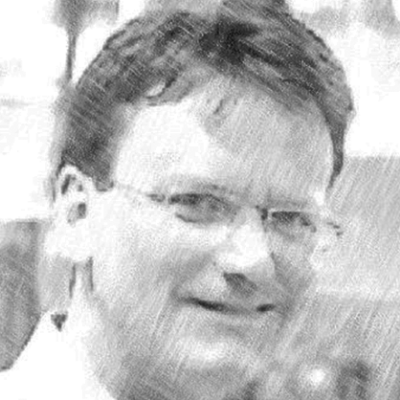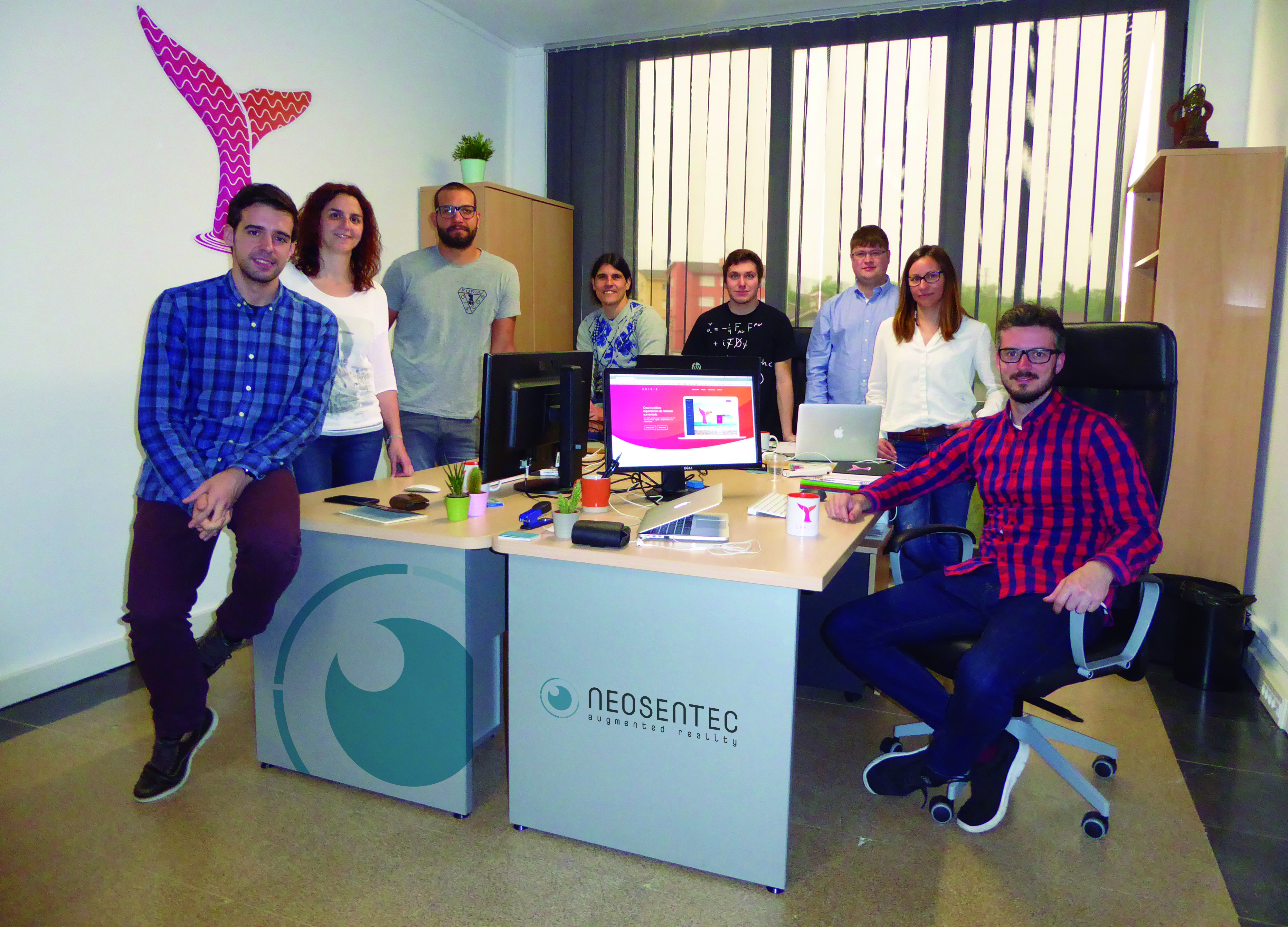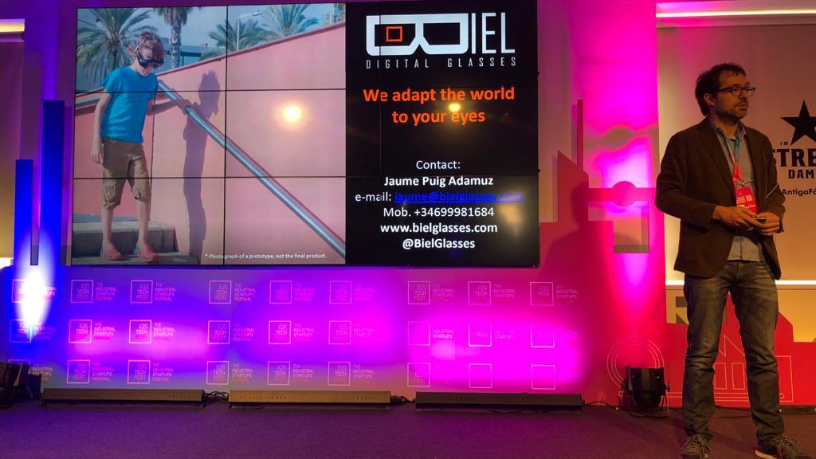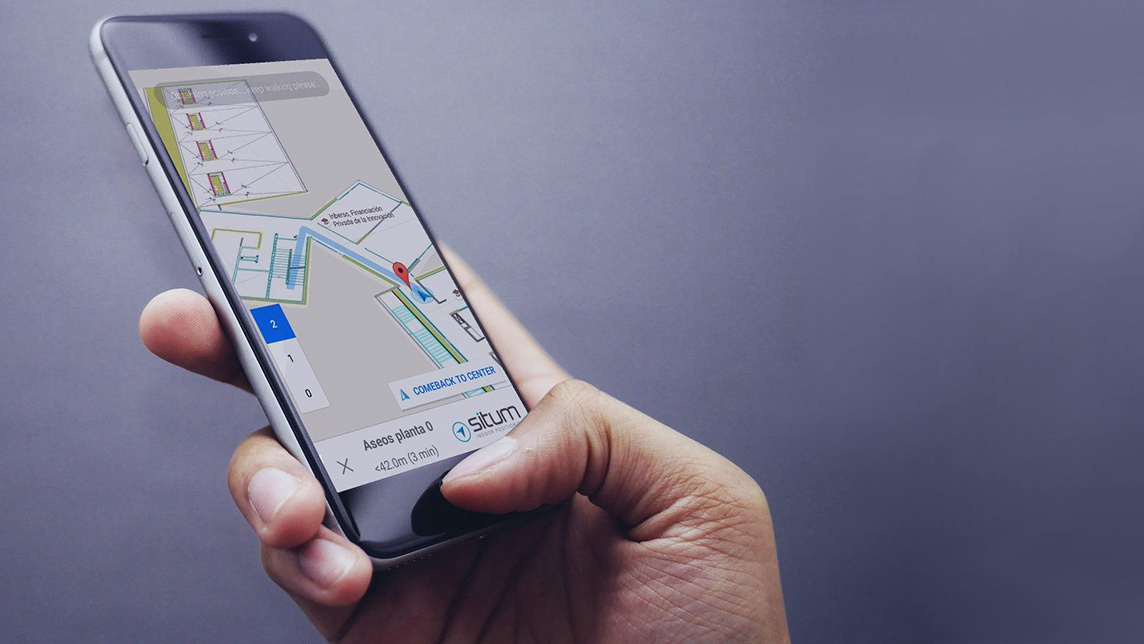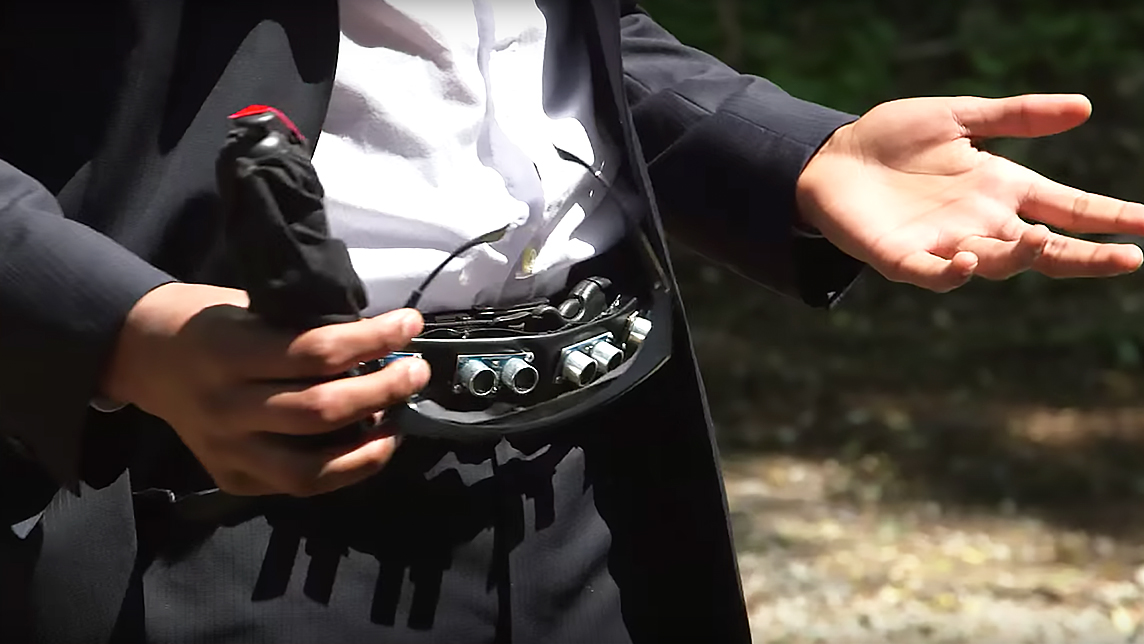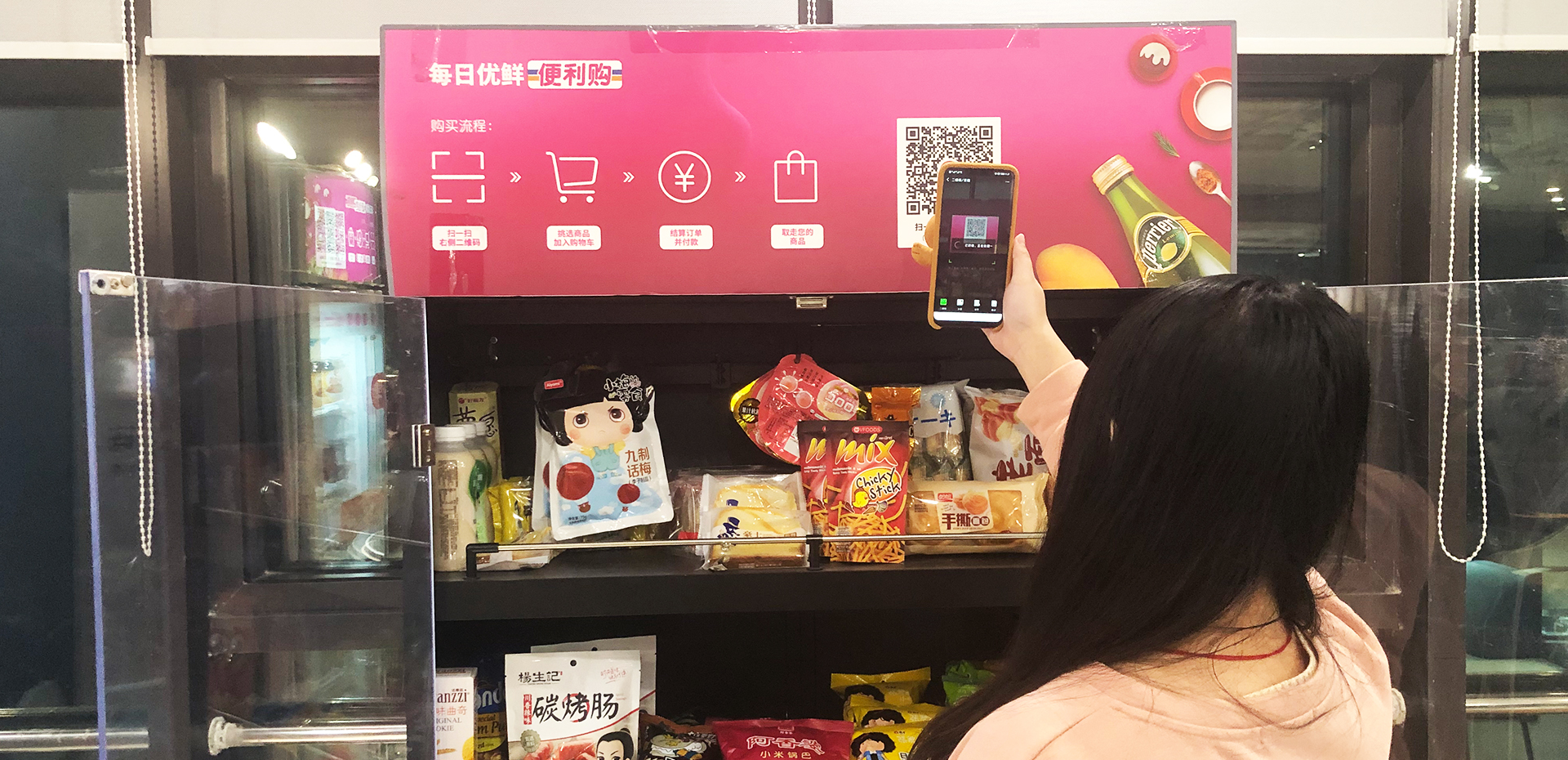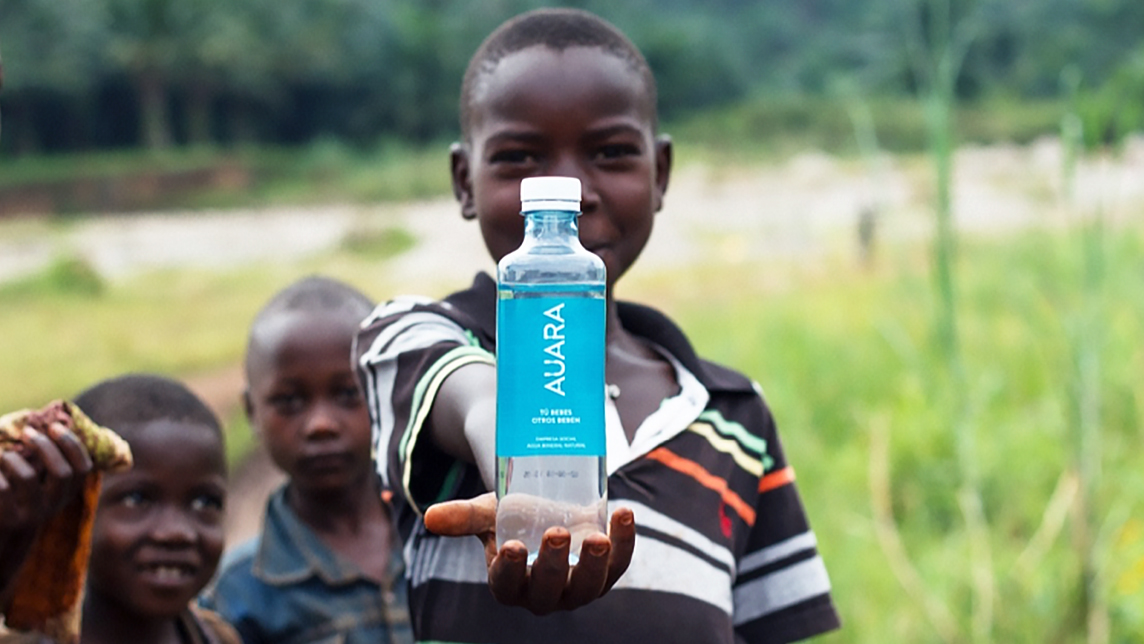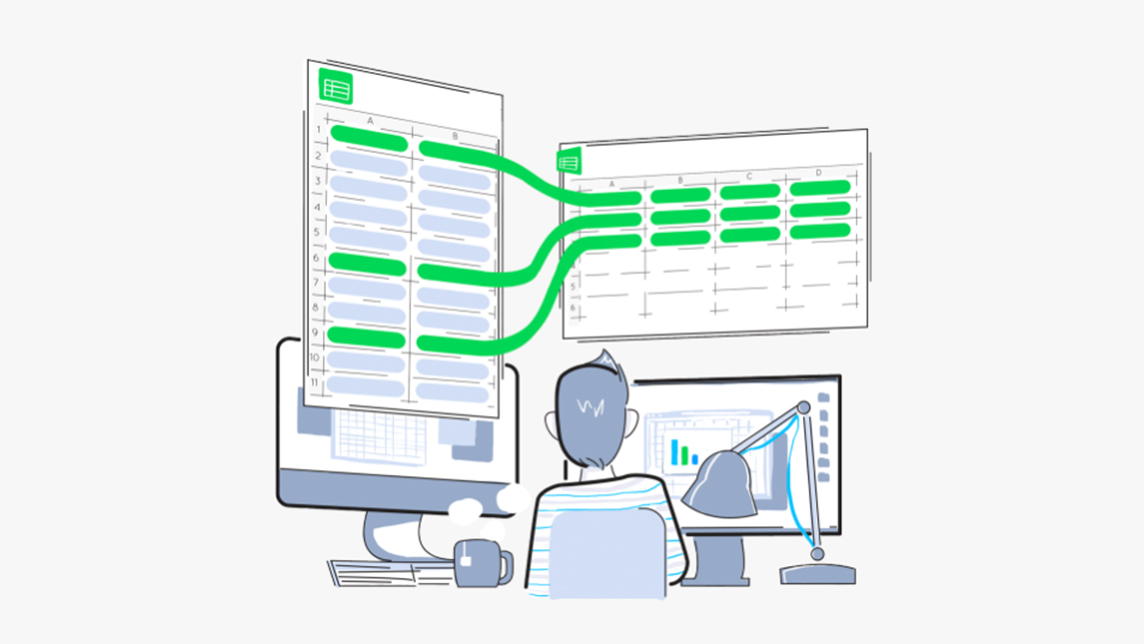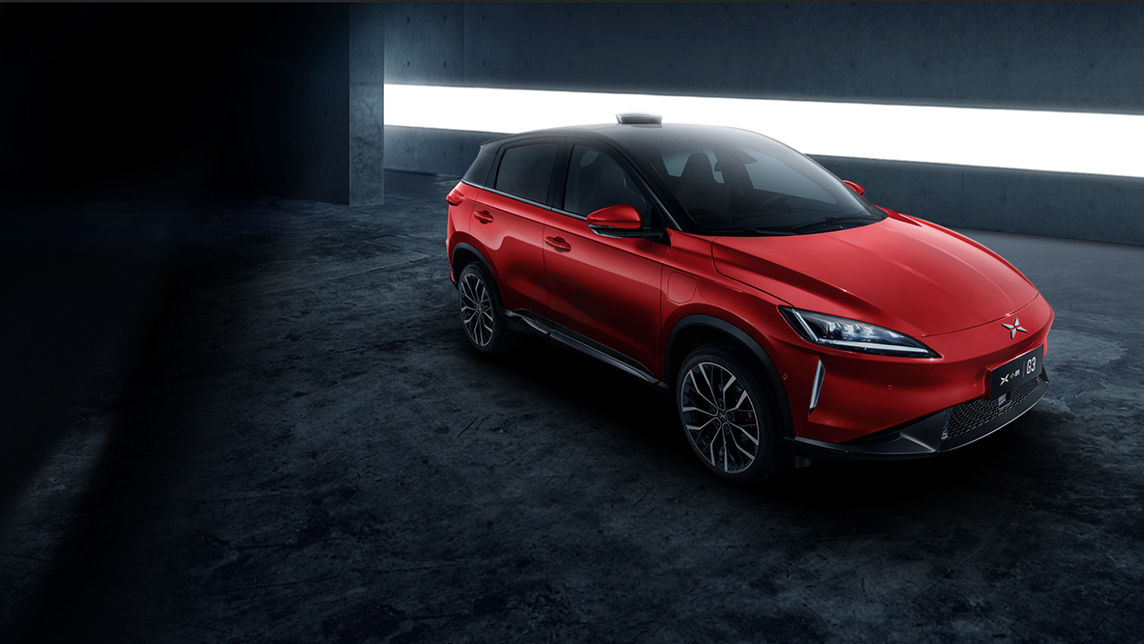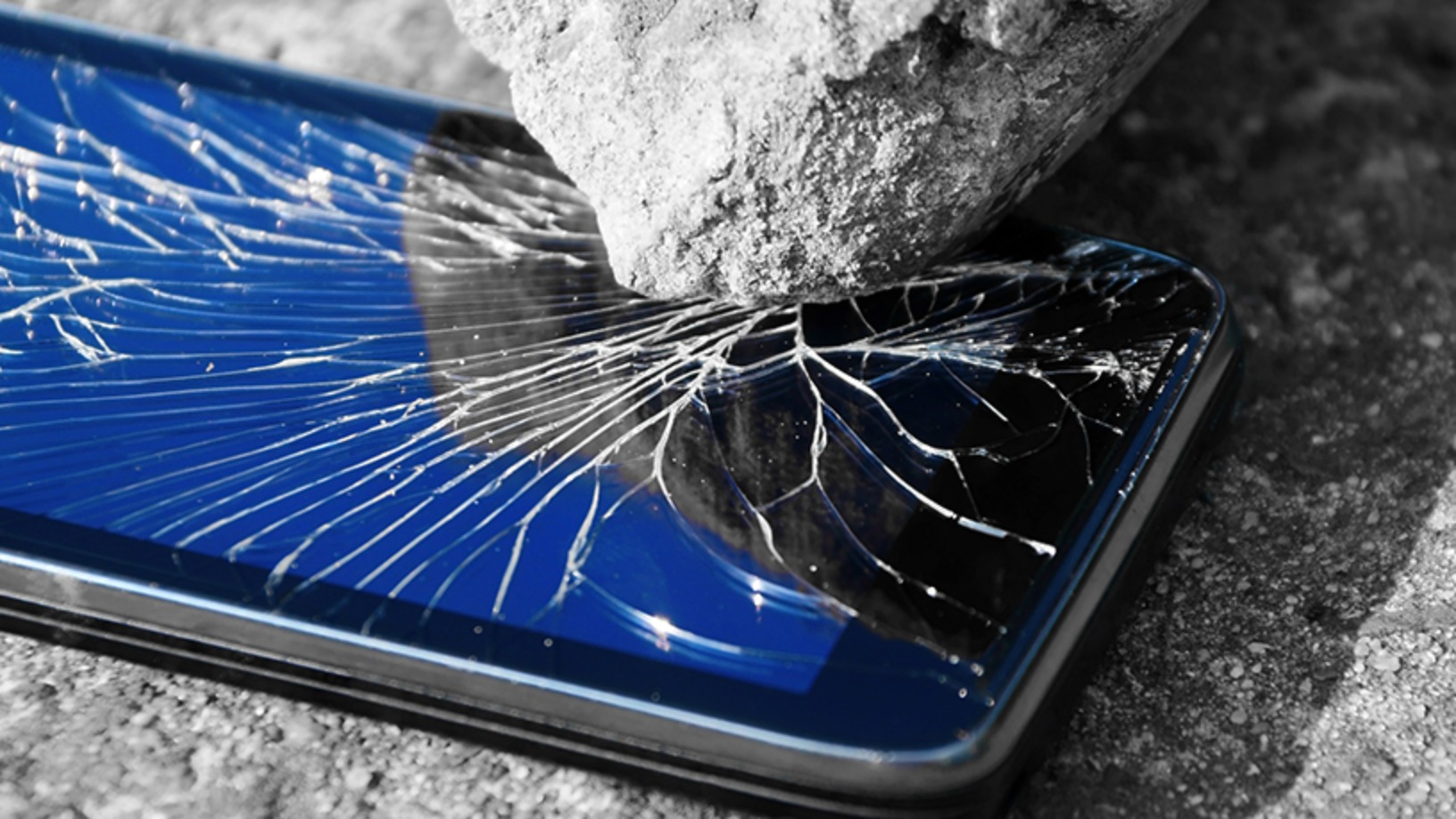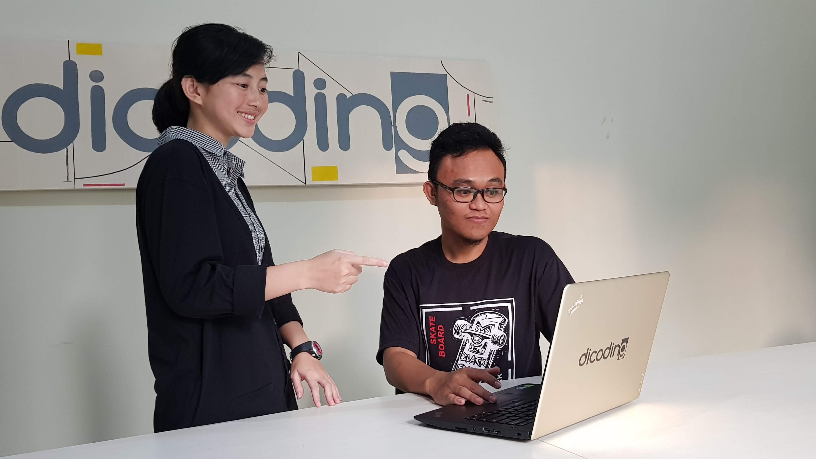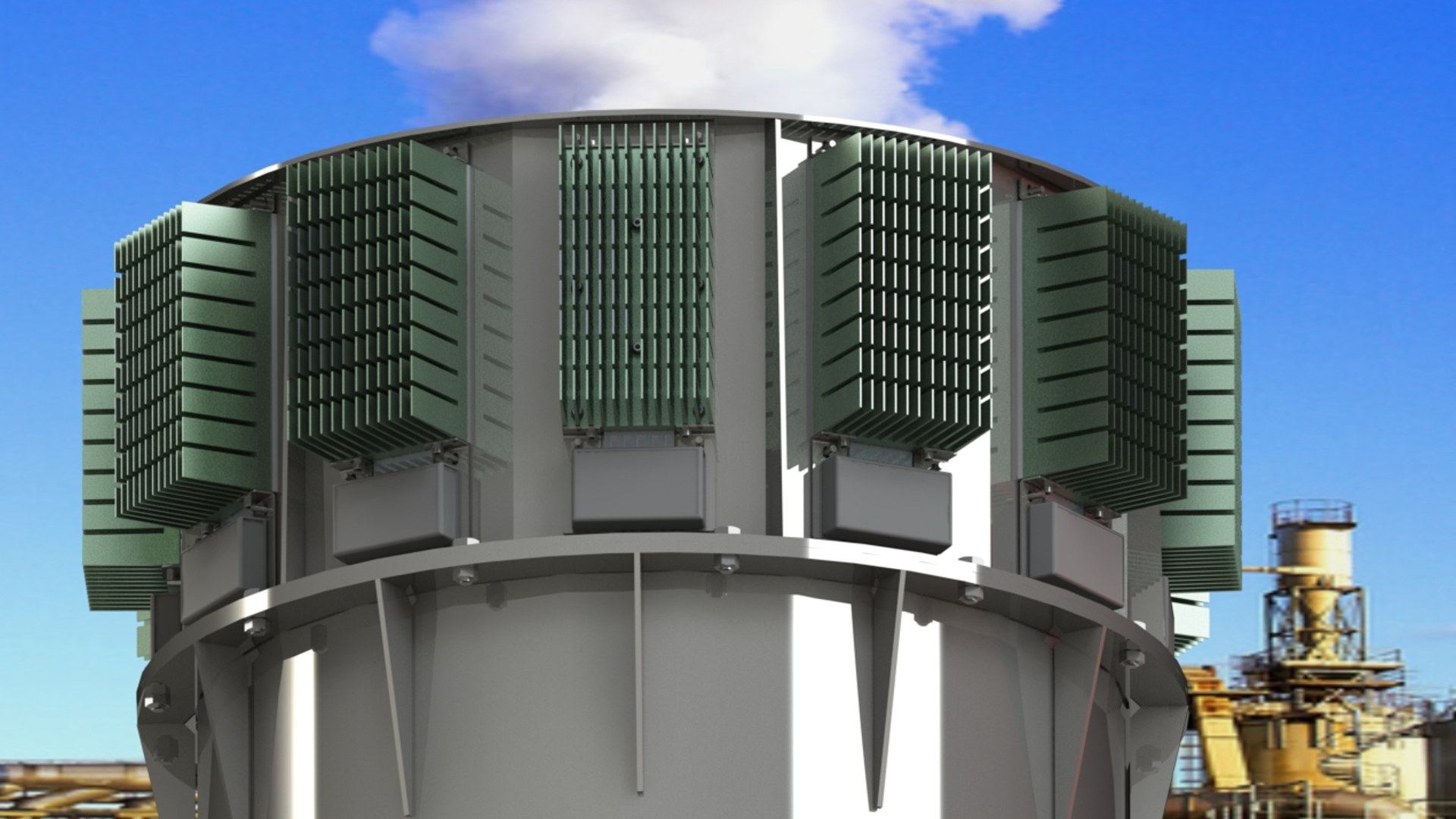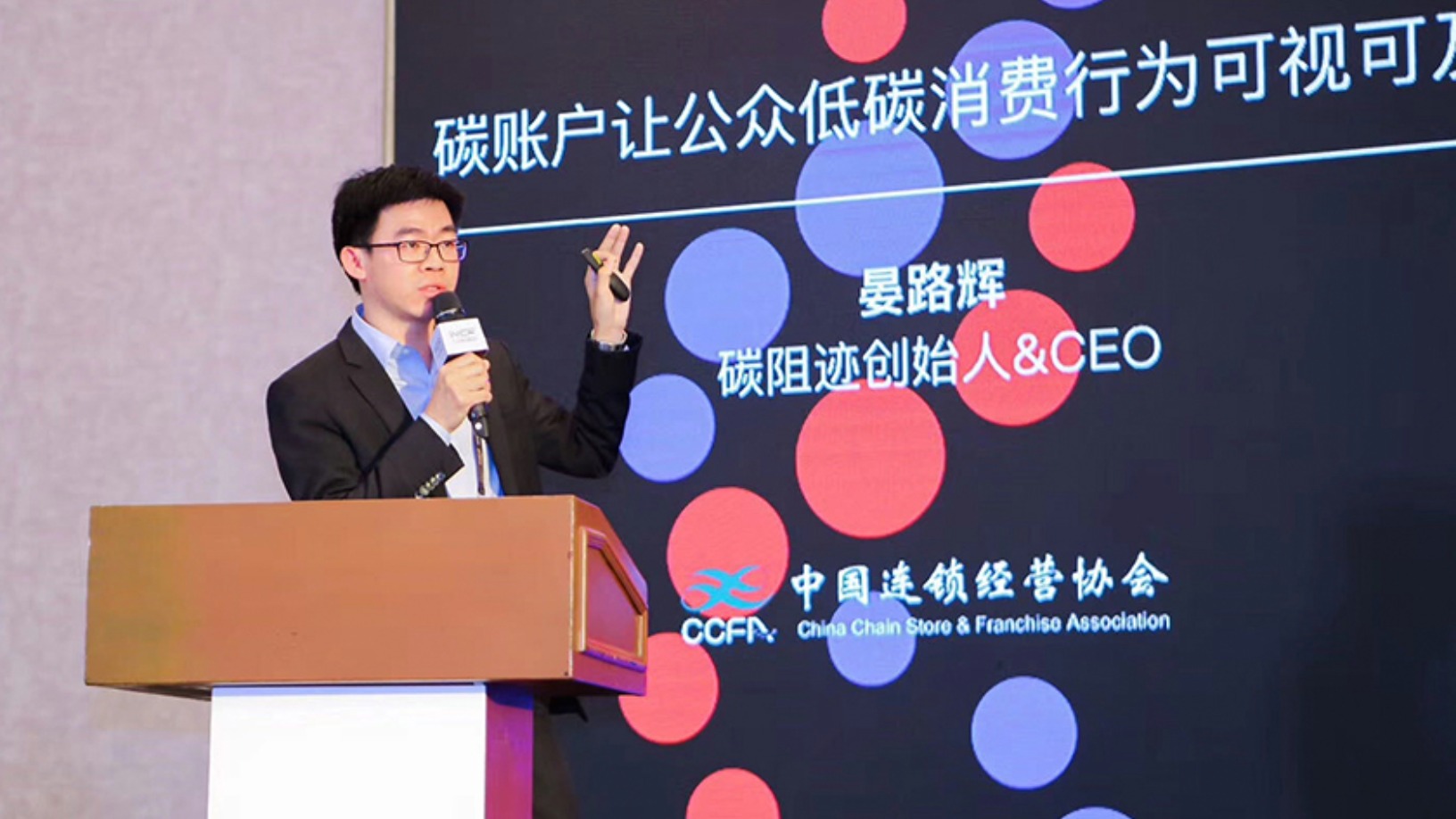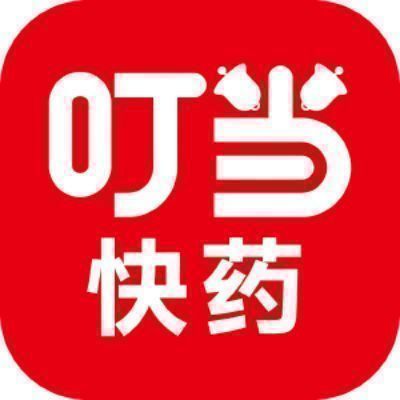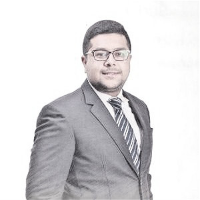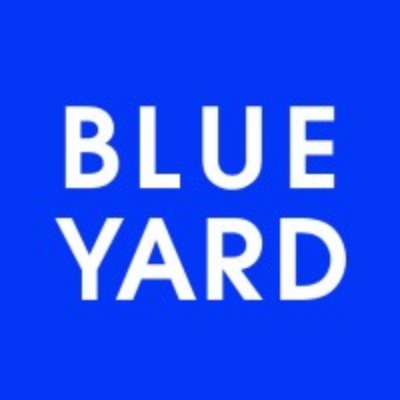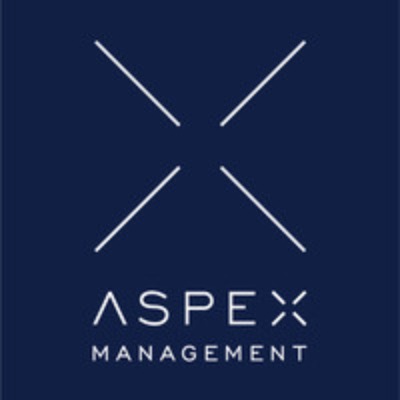Google Glass
DATABASE (68)
ARTICLES (110)
Entrepreneurs Roundtable Accelerator
New York City’s largest accelerator program, founded in 2011, provides each accepted company with an initial $100,000 investment and the potential for follow-on funding from its fund. The accelerator also provides up to $120,000 of Azure benefits for two years from Microsoft, plus $100,000 in webhosting credits from Amazon Web Services and $100,000 from Google Cloud Platform, among other benefits. Its four-month program provides access to the largest mentor network in New York. It has accelerated and invested in more than 200 companies to date across sectors and makes diversity investments. Selected companies have a US market ambition. Its most recent cohorts include Portuguese VR gaming and cognitive training software Virtuleap, and online tire retailer Tire Agent.
New York City’s largest accelerator program, founded in 2011, provides each accepted company with an initial $100,000 investment and the potential for follow-on funding from its fund. The accelerator also provides up to $120,000 of Azure benefits for two years from Microsoft, plus $100,000 in webhosting credits from Amazon Web Services and $100,000 from Google Cloud Platform, among other benefits. Its four-month program provides access to the largest mentor network in New York. It has accelerated and invested in more than 200 companies to date across sectors and makes diversity investments. Selected companies have a US market ambition. Its most recent cohorts include Portuguese VR gaming and cognitive training software Virtuleap, and online tire retailer Tire Agent.
Founded in Silicon Valley by serial investor and founder of Google Ventures Bill Marris, Section 32 has multiple investment interests with medicine and biotech key amongst them. Marris himself has invested in over 500 companies, with over one-third resulting in IPO or M&A. Fifty of his portfolio companies have exceeded $1bn valuations, including Uber. Section 32 currently has 48 companies in its portfolio. Its most recent investments have included in Canadian remote medicine platform Cover Health’s $43m Series B round and in the $100m Series B round of US cancer detection software C2i Genomics, both in April 2021. In March 2021, it participated in the $48m Series A round of Dutch cell-based meat startup Meatable which leverages pluripotent stem cells for the first time in foodtech.
Founded in Silicon Valley by serial investor and founder of Google Ventures Bill Marris, Section 32 has multiple investment interests with medicine and biotech key amongst them. Marris himself has invested in over 500 companies, with over one-third resulting in IPO or M&A. Fifty of his portfolio companies have exceeded $1bn valuations, including Uber. Section 32 currently has 48 companies in its portfolio. Its most recent investments have included in Canadian remote medicine platform Cover Health’s $43m Series B round and in the $100m Series B round of US cancer detection software C2i Genomics, both in April 2021. In March 2021, it participated in the $48m Series A round of Dutch cell-based meat startup Meatable which leverages pluripotent stem cells for the first time in foodtech.
CEO and Co-founder of WOOM
Belgian-born Laurence Fontinoy graduated in Commercial Engineering at Belgium’s Louvain Catholic University in 1994 and went on an exchange program for one year at New York’s Stern Graduate Business School. She worked for almost four years at Belgacom Mobile in Belgium, where she supervised the launch of its first prepaid card. In 1999, she moved to the Netherlands to join Dutch telecoms provider Ben as a customer development manager. After completing an MBA in 2002 at IESE University of Navarra, the mother-of-three joined eBay Spain as head of category and seller development. In 2005, she was promoted to marketing and communications director but left in 2008 to join Google as the regional country marketing manager for Spain and Portugal. In 2015, she left to become the CEO and co-founder of WOOM with former eBay colleague Clelia Morales.
Belgian-born Laurence Fontinoy graduated in Commercial Engineering at Belgium’s Louvain Catholic University in 1994 and went on an exchange program for one year at New York’s Stern Graduate Business School. She worked for almost four years at Belgacom Mobile in Belgium, where she supervised the launch of its first prepaid card. In 1999, she moved to the Netherlands to join Dutch telecoms provider Ben as a customer development manager. After completing an MBA in 2002 at IESE University of Navarra, the mother-of-three joined eBay Spain as head of category and seller development. In 2005, she was promoted to marketing and communications director but left in 2008 to join Google as the regional country marketing manager for Spain and Portugal. In 2015, she left to become the CEO and co-founder of WOOM with former eBay colleague Clelia Morales.
Russian-born Sergey Brin is the co-founder of Google and was the president of Google's parent company, Alphabet Inc, until stepping down in 2019. Brin is the world's ninth-richest person with a personal fortune of $86.5bn. His investments include OccamzRazor in 2019, a machine learning medtech platform supporting research into Parkinson’s Disease. In 2015, he contributed undisclosed funding to his former Stanford classmate Martin Roscheisen’s US-based firm Diamond Foundry, the first certified carbon-neutral lab-produced diamond manufacturer.no non copyrighted pic for use
Russian-born Sergey Brin is the co-founder of Google and was the president of Google's parent company, Alphabet Inc, until stepping down in 2019. Brin is the world's ninth-richest person with a personal fortune of $86.5bn. His investments include OccamzRazor in 2019, a machine learning medtech platform supporting research into Parkinson’s Disease. In 2015, he contributed undisclosed funding to his former Stanford classmate Martin Roscheisen’s US-based firm Diamond Foundry, the first certified carbon-neutral lab-produced diamond manufacturer.no non copyrighted pic for use
German-born Andreas “Andy” Bechtolsheim is chairman and co-founder of Arista Networks and was a co-founder at Sun Microsystems, which was acquired by Oracle in 2010 for $7.4bn. His main interest is in productivity software across market segments, as well as cybersecurity. He is also a billionaire investor, with much of his wealth coming from being the first angel investor in Google. Since then, he has been an occasional investor in startups, with his most recent disclosed investments occurring in 2020 when he invested in two companies. He has also participated in the $22m Series A round of US email security company Material Security and in the $21m Series A round of AI customer service platform Cresta.
German-born Andreas “Andy” Bechtolsheim is chairman and co-founder of Arista Networks and was a co-founder at Sun Microsystems, which was acquired by Oracle in 2010 for $7.4bn. His main interest is in productivity software across market segments, as well as cybersecurity. He is also a billionaire investor, with much of his wealth coming from being the first angel investor in Google. Since then, he has been an occasional investor in startups, with his most recent disclosed investments occurring in 2020 when he invested in two companies. He has also participated in the $22m Series A round of US email security company Material Security and in the $21m Series A round of AI customer service platform Cresta.
Google co-founder Larry Page is controlling shareholder of Alphabet Inc, Google’s parent company. As of June 2021, Page’s net worth was $106.2bn, making him the sixth richest person in the world. To date, he has made disclosed investments in five tech companies. The two most recent were both in 2016: an undisclosed quantum of investment in US-based electric personal aircraft startup Kitty Hawk Corporation, as well as participation in space mining company Planetary Resources’ $21m Series A round.
Google co-founder Larry Page is controlling shareholder of Alphabet Inc, Google’s parent company. As of June 2021, Page’s net worth was $106.2bn, making him the sixth richest person in the world. To date, he has made disclosed investments in five tech companies. The two most recent were both in 2016: an undisclosed quantum of investment in US-based electric personal aircraft startup Kitty Hawk Corporation, as well as participation in space mining company Planetary Resources’ $21m Series A round.
Tony Fadell is the inventor of the iPod, co-inventor of the iPhone, and former CEO and founder of Nest Labs, which was later acquired by Google. He is also an angel investor and head of Paris-based deeptech advisory and investing firm Future Shape, which has over 200 companies in its portfolio and a focus on issues like the electrification and digital connection of things, biomanufacturing and the eradication of waste. Fadell has invested in at least 10 startups, with his most recent disclosed investments having taken place in 4Q20. These included his participation in the $7m seed round of London-based consumer technology and conceptual design house Nothing, the $45m Series B round of US biotech firm and vegan leather maker MycoWorks, well as the $31m Series A round of video call effects and presentation tools company mmhmm.
Tony Fadell is the inventor of the iPod, co-inventor of the iPhone, and former CEO and founder of Nest Labs, which was later acquired by Google. He is also an angel investor and head of Paris-based deeptech advisory and investing firm Future Shape, which has over 200 companies in its portfolio and a focus on issues like the electrification and digital connection of things, biomanufacturing and the eradication of waste. Fadell has invested in at least 10 startups, with his most recent disclosed investments having taken place in 4Q20. These included his participation in the $7m seed round of London-based consumer technology and conceptual design house Nothing, the $45m Series B round of US biotech firm and vegan leather maker MycoWorks, well as the $31m Series A round of video call effects and presentation tools company mmhmm.
CEO and founder of Diamond Foundry
Martin Roscheisen is an American-Austrian tech entrepreneur. He is CEO and co-founder of US-based unicorn Diamond Foundry, the first certified carbon-neutral producer of lab-grown diamonds. He has worked there since 2012, prior to the company’s official establishment in 2013.Roscheisen holds a PhD in computer science from Stanford University, where his classmates included Google founders Larry Page and Sergey Brin. He is one of the first generation of internet entrepreneurs, and has been involved in starting a number of companies. Before starting Diamond Foundry, Roscheisen headed the $640m solar startup Nanosolar from 2002–2010 as its CEO and founder. This was Silicon Valley's first solar power tech startup financed by American venture capital and, at the time, the highest-valued solar startup.When Nanosolar closed due to cheaper competition from China, much of its remaining technical expertise and resources went to setting up Diamond Foundry.In addition, Roscheisen was also formerlyCEO and the founder of eGroups. One of the first social media platforms to reach 50m users, the firm was acquired by Yahoo!.CTO and co-founder of enterprise software firm TradingDynamics, which sold to Ariba for $1.2bn.CTO and co-founder of FindLaw, a leading Internet legal site eventually sold to Thomson Reuters.In 2003, Fortune Magazine named Roscheisen one of America’s 40 Under 40, and one of the top 10 entrepreneurs in the country.
Martin Roscheisen is an American-Austrian tech entrepreneur. He is CEO and co-founder of US-based unicorn Diamond Foundry, the first certified carbon-neutral producer of lab-grown diamonds. He has worked there since 2012, prior to the company’s official establishment in 2013.Roscheisen holds a PhD in computer science from Stanford University, where his classmates included Google founders Larry Page and Sergey Brin. He is one of the first generation of internet entrepreneurs, and has been involved in starting a number of companies. Before starting Diamond Foundry, Roscheisen headed the $640m solar startup Nanosolar from 2002–2010 as its CEO and founder. This was Silicon Valley's first solar power tech startup financed by American venture capital and, at the time, the highest-valued solar startup.When Nanosolar closed due to cheaper competition from China, much of its remaining technical expertise and resources went to setting up Diamond Foundry.In addition, Roscheisen was also formerlyCEO and the founder of eGroups. One of the first social media platforms to reach 50m users, the firm was acquired by Yahoo!.CTO and co-founder of enterprise software firm TradingDynamics, which sold to Ariba for $1.2bn.CTO and co-founder of FindLaw, a leading Internet legal site eventually sold to Thomson Reuters.In 2003, Fortune Magazine named Roscheisen one of America’s 40 Under 40, and one of the top 10 entrepreneurs in the country.
Neosentec: Open source SaaS helping enterprises create customized AR experiences
Neosentec has created an open source SaaS for businesses to offer customized AR experiences
Biel Glasses: A pioneering solution for low vision sufferers
Biel Glasses offers a life-changing technology for people with low vision, a condition that is seven times more common than blindness
Situm Technologies: The Google Maps for indoors, where GPS fails
It uses AI and mobile robotics to create high-precision, low-cost indoor location tech that integrates data processed from multiple radio and inertial sensors
Alex Deans, youth creator of wearable tech for the blind, discusses the inventing process
He started with just CA$100 worth of GPS shields and wires at aged 12. Now the 20-year-old student is readying to take his iAid navigation device for the visually impaired to market
Future Food Asia 2021: Potential of pulses in the alt-protein space
Asia presents a unique opportunity for pulses as people in the region, who traditionally fractionated pulses for starch, now see protein as a useful byproduct
Once the darling of investors, unmanned shelf startups are going through a hard time in China
Startups are being forced to transform their business models to survive
Auara: Social enterprise and environmental sustainability in a bottle
Auara, with its 100% recycled-plastic mineral water bottles, aims to reduce its manufacturing carbon footprint while helping the most water-stressed citizens
Forget Instacart. Now you can get groceries from the vending machine downstairs
A Beijing startup has created a faster way for customers to purchase milk and eggs – just pop downstairs, buy from its smart vending machine and pay by smartphone
Sheetgo: Easy and secure cloud-powered spreadsheet data at your fingertips
Named Most Scalable Product at South Summit 2018, Sheetgo turns spreadsheets into data clouds for business users around the world
This EV maker caters to young consumers by making driving easier and more fun
Amongst all the players in China’s EV market, Xpeng Motors still stands out
Luo Yonghao: Maverick founder who gave Smartisan its allure, but couldn't build a winner
The Smartisan founder and internet celebrity is making a comeback with live commerce, after failing to sell enough smartphones at his own company
China's recycling startups seek cost-effective ways to make waste management profitable
The high costs of smart garbage bins and automation to sort out recycling have created new headaches for homes and offices
Coding edtech platform Dicoding fulfills market demand for tech professionals
Dicoding wants to remedy the shortfall in Indonesian tech professionals and prepare them for the global industry
AEInnova: Energy harvester to generate €10 million revenue, plans Series A
A whopping 70% of our energy generated gets lost as waste heat. A Spanish startup has developed innovative solutions to collect the waste heat that industry literally throws away and convert it into electricity
Already helping over 1,000 corporates like Alibaba and JD.com manage and lower their carbon emissions, Carbonstop is ready to do more when China’s carbon trading starts next year
Sorry, we couldn’t find any matches for“Google Glass”.
